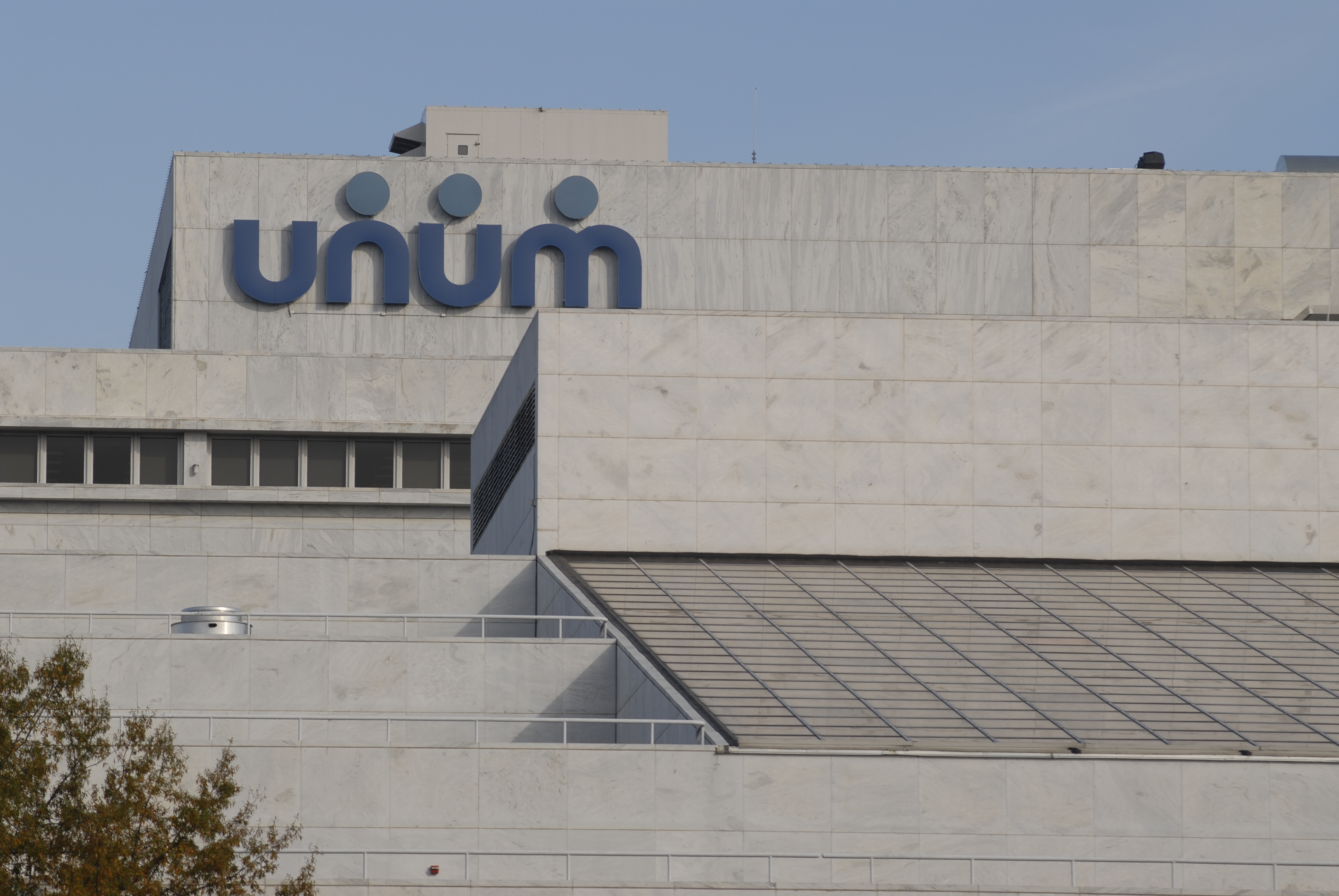"Beware of Greeks bearing bonds," goes the joke among investors.
Columbus, Ga.-based insurer Aflac learned that $610 million lesson the hard way as the extent of its exposure to Greek and Portuguese debt became clear last week.
The indirect losses, through investments the company held in banks and financial firms, have cost Aflac nearly $1 billion for the year.
Chattanooga-based Unum, on the other hand, has taken a far more conservative approach. Company officials said that even the group of investments they worry about the most have generated unrealized gains for the year.
"We never had exposure to Greek banks, and our exposure to Europe is relatively small," said Rick McKenney, executive vice president and chief financial officer at Unum.
The insurance company has taken a conservative approach in everything, from sales to stocks, since Tom Watjen, president and CEO, took over in March 2003 after working his way up from chief financial officer.
Outside of a $465 million net realized loss in 2008, the company's investments in corporate bonds have generally resulted in slow, steady returns while minimizing risk - exactly what investors, weary of volatility, crave in a company.
"We like the characteristics that corporate debt provides to us, so except in the U.K., you'll see very little exposure to sovereign nations, going back four to five years," McKenney said.
Out of its roughly $10.2 billion in 2010 revenue, about $2.5 billion came from investments, according to Unum's annual report.
That's good enough to earn the company a third-place investment rating among insurers, according to Moody's Investors Service.
Moody's study concluded that Unum gained 0.02 percent on its bond portfolio in 2010, compared to an industry average of a 0.36 percent loss. For the last three years, Unum is down 0.72 percent, while the industry on average is down 2.26 percent, Moody's showed.
That's because the company kept in mind that sovereign debt problems build up over time, resulting in somewhat predictable cycles, said Breege Farrell, senior vice president and chief investment officer.
"In the '80s, the big crisis in the world was the sovereign debt of Latin American countries, which were huge percentages of U.S. commercial banks' books," she said. "It's sort of the same issue coming around again: peripheral countries that in very good times, people will lend a lot of money to."
As U.S. housing officials found out in the recent recession, if lenders are willing to lend, borrowers are more than happy to take the money.
"Governments, like people, can borrow too much money," she explained.
Unum's 25 investment professionals are still examining secondary effects from the European debt crisis, and managers aren't afraid to sell off an asset immediately if there's trouble, said Tom White, senior vice president for investor relations.
For example, investors will take a close look at assets such as the Coca-Cola bottling company located in Greece, into which Unum has invested, White said.
In the end it's all about finding investments with predictable returns, because Unum makes fairly predictable payments to its customers when they are injured.
"We make steady, predictable payments, so we want a steady, predictable cash flow," White said.
Contact staff writer Ellis Smith at esmith@timesfree press.com or 423-757-6315.
